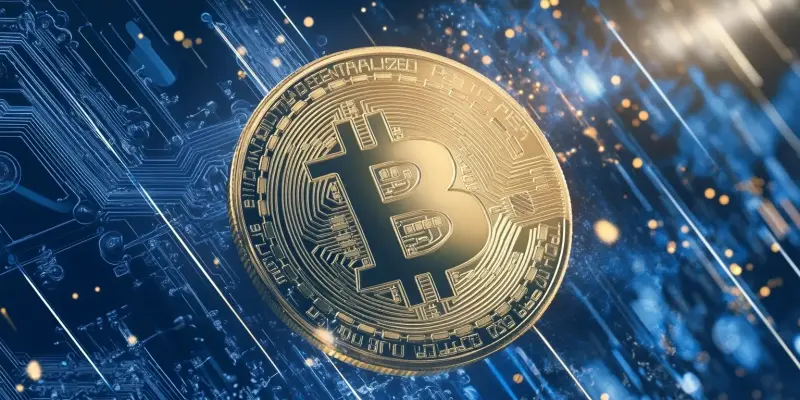The cryptocurrency market experienced a dramatic downturn this year, triggered by significant geopolitical tensions and sweeping economic policies.A pivotal policy announcement from President Trump regarding global tariffs led to immediate and profound market disruptions. Compounded by China’s retaliatory decision to impose blanket duties on U.S. imports, panic spread rapidly across various financial landscapes, including the once highly regarded cryptocurrency market.
The Impact on Bitcoin and Major Altcoins
Bitcoin, the flagship cryptocurrency, faced a sharp decline, plummeting more than 10% and dropping below the $78,000 mark. This drastic reduction led to the swift erasure of considerable market value, causing $322 million in liquidations as leveraged positions were hastily closed.The decline in Bitcoin’s value sharply contrasted its once perceived status as “digital gold,” a stable and secure haven asset during times of global financial unrest.
The impact was even more severe for other major cryptocurrencies, including Ethereum, XRP, Solana, and Dogecoin. Ethereum experienced a sharp downfall of 13.5%, and XRP tumbled 14.5%, reaching its lowest levels of the year. The broader market sentiment was overwhelmingly negative as investors grappled with the cascading effects of the tariff wars and their substantial impact on the crypto ecosystem.
Notably, many investors had considered Bitcoin and other cryptocurrencies to be largely decoupled from traditional financial markets, ostensibly immune to macroeconomic fluctuations. However, this incident has starkly revealed the susceptibility of these digital assets to external shocks.The swift and extensive market reaction underscores the interconnectedness of global political dynamics and cryptocurrency valuations.
The Challenge of Bitcoin as a Safe Haven
Despite Bitcoin’s intended role as a decentralized and neutral asset, this recent crash raises critical questions about its reliability as a safe haven. In theory, cryptocurrencies like Bitcoin should maintain intrinsic value, especially during periods of global distrust in traditional financial systems. Yet, the events of this year suggest otherwise, as Bitcoin’s value was significantly destabilized by geopolitical tensions.Hunter Horsley of Bitwise maintains that Bitcoin’s fundamental characteristics, including its decentralized nature, hold intrinsic value amid global distrust. However, the recent volatility indicates that these attributes may not provide the stability hoped for by investors during times of economic turmoil.The dual challenges faced by short-term traders, who must navigate rapid value fluctuations, and long-term investors, who seek stability in their holdings, highlight the complexities and uncertainties inherent in the cryptocurrency market.
Additionally, the broader financial community’s response to Bitcoin’s erratic behavior contributes to the ongoing debate about its status as digital gold. While traditional safe havens like gold have historically maintained stability during economic uncertainty,Bitcoin’s performance in response to the tariff wars raises doubts about its capacity to fulfill a similar role.
The Road Ahead for Cryptocurrencies
The cryptocurrency market has witnessed a dramatic decline this year, primarily due to significant geopolitical tensions and sweeping economic policies. A key factor was a critical policy announcement by President Trump regarding global tariffs, which led to immediate and profound disruptions across various sectors. The situation was further aggravated when China retaliated by imposing broad duties on U.S. imports.This move caused panic to spread rapidly throughout multiple financial landscapes, including the once-highly regarded cryptocurrency market. Investors reacted with fear and uncertainty, pulling their funds from these digital assets, which only accelerated the downward spiral.The combined impact of these factors led to a severe loss of confidence, driving many to question the stability and future of cryptocurrency investments. These events highlight the intersection of global politics and economic strategies, underscoring the volatility and interconnectedness in modern financial markets.The crypto market, once seen as a safe haven, now grapples with new challenges, reflecting the broader instability in the global economy.

